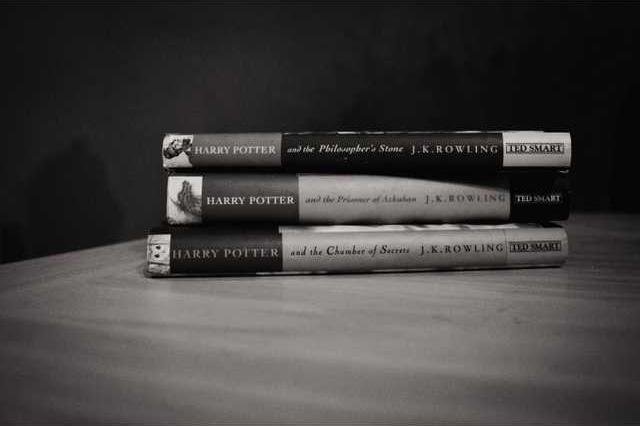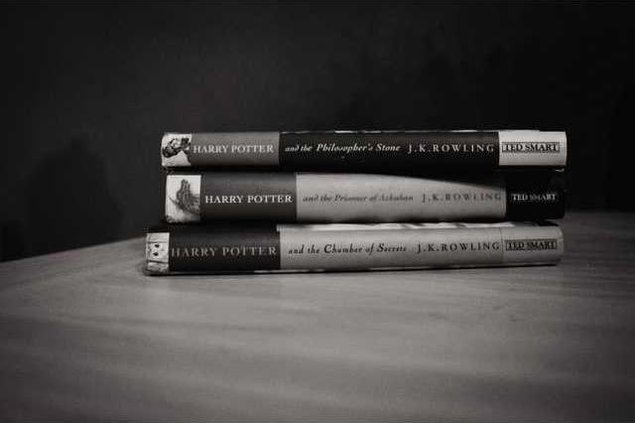BERLIN — When a reader’s tangible world shifts to that of fantasy, it is often called getting “lost in a book”, and a new study shows that phrase to be more than a metaphor.
A research team from The Free University of Berlin in Germany hypothesized that stories with emotional content drive readers to feel empathy for the protagonists when a special neural network is activated, according to Science Alert.
Since testing their hypothesis required a narrative with a full range of emotions, researchers asked two groups of participants to read passages from a book series that’s broken several book sales records — Harry Potter.
The first group read several short passages under an MRI scanner while the other group read the same passages without being scanned. The second group was to report on how immersed they felt in the story.
Some of the passages induced fear, such as the scene where Harry witnesses Professor Quirrell drinking a unicorn’s blood, while others were emotionally neutral, like when Harry watches his owl, Hedwig, before he falls asleep, Science Alert reported.
Results indicated that the brain’s empathy network, known as the middle cingulate gyrus area of the brain, was more stimulated during fearful scenes as opposed to neutral scenes, according to Medical Daily.
“Descriptions of protagonists' pain or personal distress featured in the fear-inducing passages apparently caused increasing involvement of the core structure of pain and affective empathy the more readers immersed in the text,,” the researchers wrote, according to Fast Company writer Eric Jaffe.
Although the results may not be surprising, the researchers believe they can let scientists know what is going on in a reader’s brain when they are engrossed in a novel, Jaffe wrote.
The researchers describe their study as “the "first attempt to understand the neural mechanisms of immersive reading experience,” Jaffe wrote.








